Equine Facilitated Therapy
What is it?
Our Director and Mental Health Social Worker, Brooke, trained in Equine Facilitated Wellness through the Professional Association of Equine Facilitated Wellness in Canada. Brooke grew up on a property in western Queensland, and was in a saddle before she could walk. Her love of horses and relationship with them has been woven into the fabric of her family’s life. Equine Facilitated Therapy was a way for Brooke to bring together her passion for supporting people’s mental health and wellbeing, whilst also giving those she works with access to the healing power of horses.
Horses offer opportunities for people to learn and grow in relationship with another being. Horses also can provide a sense of connection for participants that may be a different experience to what is possible in more clinical therapy settings.
People are allowed to go at their own pace with the horses, and to have space to explore and enjoy nature.
The horses offer a space free from judgement for participants to learn about themselves and others, and to experience a holistic approach to healing.
Benefits of EFW:
EFW can provide an alternative experience for children and adults who may be feel that a talk based therapy isn’t the right fit for them. Children and young people can be motivated by the novelty of meeting and working with horses. Adults can experience relief accessing therapy in a less pressured setting, within an open space, and in connection with horses.
Horses provide the opportunity to learn relationship skills and new ways of interacting.
Feedback can be provided to participants from a relational base, supporting their sense of safety. Horses can communicate with people in a manner that is often perceived as less judgemental, and this fosters learning in relationship.
An experiential learning opportunity in setting boundaries in relationship with the horse, along with learning how to respond assertively and confidently.
As horses are embodied, they demonstrate body awareness, and connectedness to their senses and the natural environment around them.
Horses encourage emotional authenticity as they "show up" authentically.
EFW is a strengths based approach, supporting participants to build on their strengths and resource themselves in the present moment.
EFW encourages mindfulness and present moment awareness
Who can it help?
EFT is accessible to people from all walks of life. It can be beneficial to both children and adults, neurodiverse people, people with mental health diagnoses, and people seeking to reduce stress or focus on personal growth.
EFT can be particularly helpful for:
Children and Youth needing support with mental health and wellbeing
Children and youth with a history of trauma
Children and Youth experiencing social and emotional difficulties, needing assistance with the development of social skills and self-regulation skills.
Children and Youth with developmental disabilities including:
Autism Spectrum Disorder
Complex Neurodevelopmental Conditions
Fetal Alcohol Spectrum Disorder
Adults with various mental health diagnoses
Adults experiencing stress across contexts
Adults experiencing relational stressors such as difficulties with a partner or work related challenges
Adults with a history of trauma




